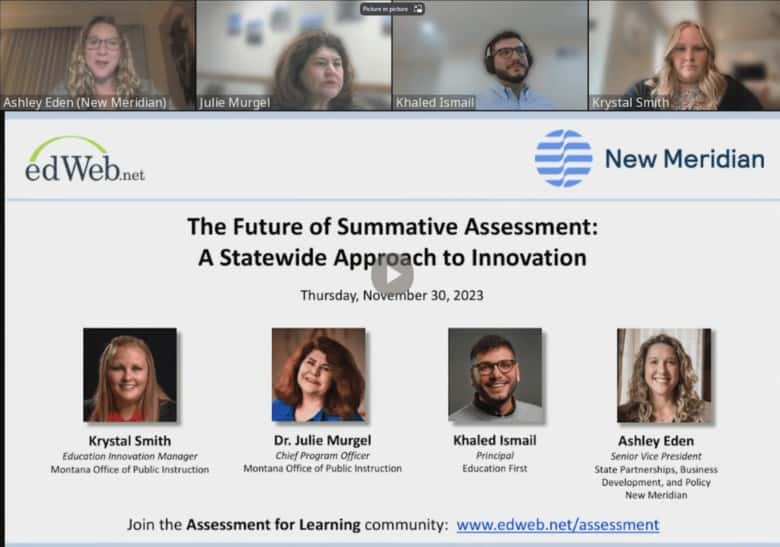Consider the largest school districts in the country. Hundreds of schools. Thousands of faculty and staff. Hundreds of thousands of students. At some, the student population even exceeds one million.
The amount of data generated is massive, and so are the opportunities to learn from it.
Many districts who want to harness those lessons are reaching for the Data Wise Project, a program developed by the Harvard Graduate School of Education and Boston Public Schools that stresses the collaborative use of data to drive continuous improvement in teaching and learning.
“One of the real equalizers right now in education is that everybody is drowning in data,” Kathryn Parker Boudett, Director of the Data Wise Project, said on the program’s website. “This is happening at elementary schools, middle schools, high schools, small schools, big schools, urban schools—everyone is facing the same problem together.”
As Richard Murnane, a Harvard professor and Data Wise editor, put it, “The problem is not a shortage of data. The problem is figuring out how to use that data constructively and to do so as a team.”
‘A Cultural Transformation’
Data Wise is an 8-step process that schools and districts can use to collaboratively analyze data. It begins with organizing for collaborative work and helping participants get fluent in assessments; moves on to analyzing student data and examining instruction; and then finishes by developing and executing a plan and a means to assess progress.
The result is additional support for teachers, who no longer face instructional challenges alone, and a process that is focused on the interaction between teachers and students. When educators adhere to the process, the result is a system of continuous, data-driven improvement.
“We’re talking here about a cultural transformation of a school and a whole new way of doing business,” Boudett said.
To aid that transformation, the Data Wise Project also created a guide known as the ACE Habits of Mind, which include embracing ideas like action, collaboration and making evidence-based decisions. “What is important about the ACE Habits of Mind is kind of naming the intangibles,” added Boudett, “naming the things that are not specific things you can check off and say you got done.”
‘Deeper Shifts in Mindset’
Several case studies have been written about the journey Prince George’s County Public Schools undertook as the district worked to implement Data Wise over several years beginning in 2014. The district’s goal was implementation in 199 schools and the process uncovered many challenges along the way.
For starters, officials had to overcome skepticism in a district that had seen improvement projects start and stop over the years. A “compliance” mentality, in which educators are simply performing duties and checking boxes, had to be replaced by a true willingness to collaborate. The district found that schools adopted Data Wise at different rates; that they sometimes did not have the right educational expertise to address problems highlighted by the data; and that there were questions about where and how to direct resources. But ultimately, collaborative improvement took hold at many schools.
“Learning Data Wise requires deeper shifts in mindset,” David Rease Jr., who played a major role implementing the program, said in a Harvard case study.
In the Boston Public Schools, which was involved in the creation of Data Wise, officials described dramatic changes over time.
“Once we began to zero in on what really matters, and that is the interaction between the teacher and the child in the classroom and making that as effective and as powerful as possible, then we began to see the changes,” Mary Russo, former principal of the Richard J. Murphy School in Boston, said on the Data Wise website. “We saw teachers feeling confident about the way they were teaching mathematics. We saw students excited about mathematics. We saw improvement in our performance.”
As Russo described it, “The idea is to create a spiral that moves ever upward, so that you are continually solving problems of student learning based on data—but you are evolving to a higher and higher level.”


